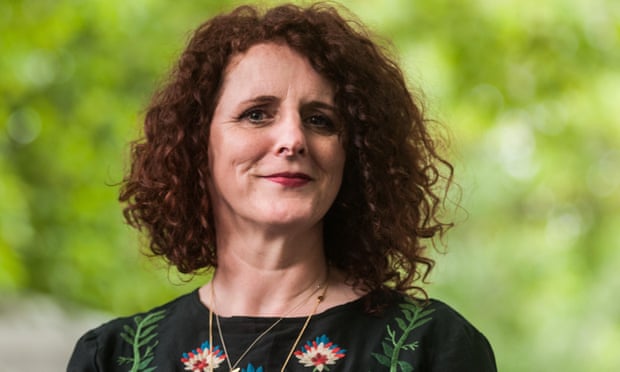
What Happens when writers eschew social media?
What do writers gain – and lose – when they eschew social media?
You won’t find Maggie O’Farrell, Women’s Prize winner, on Twitter. Perhaps she’s on to something
Author Maggie O’Farrell is a social media refusenik who has the confidence to let her work speak for itself. Photograph: Martina Bocchio/Awakening/Alamy Stock Photo
last week, when Maggie O’Farrell won the Women’s prize for fiction for her historical novel Hamnet, a chorus of celebration erupted all over social media. Or at least that part of it inhabited by the literary world. O’Farrell is a writer’s writer, much loved and respected by colleagues as well as readers, and everyone wanted to say so.
For many authors, this public show of acclaim from industry peers would be an integral part of winning a major prize and would occasion a tsunami of faux-modest retweets, the ultimate purpose of social media being, supposedly, a means of promoting our personal brands and products to a wider audience.

O’Farrell didn’t retweet a word of this praise, though, since she is one of a number of writers who choose not to engage with social media at all.
There was a time when this was seen as a deliberately quirky refusenik stance that would be hard to maintain. There has long been an unspoken expectation from publishers and booksellers that authors will make themselves available to readers via their social media channels, so they can promote their books.
To spurn social media therefore becomes a statement of confidence in your work and in its ability to find an audience without you constantly popping up to remind people. It’s a statement about your priorities. There is something enviably self-assured in the decision to step away from a forum in which everyone is screaming, in order to hear yourself think.
Read more: theguardian
About the author



